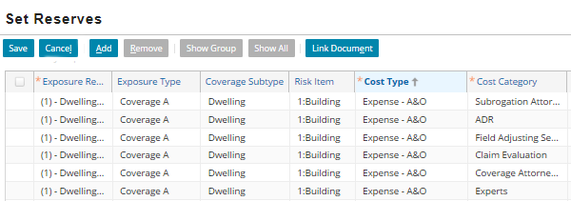Task Analysis
A task analysis examines a specific skill, content set, or attitude required to complete a defined task. It may be performed as the first step in the analysis of a narrowly defined skill set or it may be an extension of a larger job analysis.
In both instances the task is divided into duties. These duties may be contextual or cognitive skills or they may be procedural steps. Considerations include:
- the most efficient method or procedure to complete the task.
- the time needed to compete the task.
- the dependence of other duties on the successful completion of the task.
Task analyses are often the basis for the development of job aids. In this example. a task analysis documented the procedure to allocate funds for a payment in a database program.
Example Task - Allocate funds for a payment

Prior to requesting a payment, funds must be allocated for the payment in a computer record system. To successfully complete this task, selections must be made to set reserve funds for the needed payment. These include selections for:
- cost category
- cost type
- coverage sub-type
- exposure type
- exposure reserve
The task is to set up the reserve so the payment is made from the correct cost category. This is a procedural task with a cognitive component. The user needs to know not only which selections to make but also how the program structure predetermines some of these selections. They also need to understand the meaning of the terminology used in the program to make the correct selections.
Cognitive Element - Program structure
Since the selections are hierarchical, creating a concept map clarifies these relationships. This is a useful method to describe possible selections within a software program. An example of such a map is presented in this video.
|
|
Most of the images on this site are my own. When this is not the case, the image sources are noted on the Contact me page.
|




